Note from John: Back by popular demand, we are excited to announce another series of our Emergency Cardiovascular Care (ECC) Regional Conferences that are designed to deepen knowledge around resuscitation science. I’ve asked my colleague Michael Smith, MPH, EMT-B and our Director of ECC Network Relations to write a guest blog post about these highly engaging and informative conferences.
—————————————————————————————————————–
In March 2015, the American Heart Association’s ECC Department launched a series of professional resuscitation educational conferences held in five locations through the calendar year: San Francisco, Kansas City, Philadelphia, Dallas, and Columbus, Ohio.
In case you were unable to attend, allow me to provide a high-level overview of what you missed. These one-day conferences engaged the entire ECC Training Network (Instructors, Training Centers and Volunteers) and covered essential topics in the science of CPR, instructor development and improving resuscitation outcomes. Each conference was attended by more than 150 people and included AHA Instructors, Training Center Coordinators, Physicians, Nurses, Nurse Educators, EMS Professionals, Cardiologists, Respiratory Therapists, Professors, and others interested in resuscitation, with continuing education credit for physicians, nurses, and emergency medical services. Specific topics covered include High-Quality CPR, AHA Educational Methodology, Use of Simulation in AHA courses, Use of Debriefing in AHA courses, Best Practice of Skills Practice and Testing, and Top Topics in Resuscitation.
Presenters at the conferences included industry experts such as Dr. Peter Kudenchuk, Dr. Michael Sayre, Dr. Meg Wolff, Dr. Lance Becker, Dr. Ben Abella, Dr. Farhan Bhanji, Dr. Beth Mancini, and Dr. David Rodgers.
With testimony from many attendees, including “I felt very motivated and inspired after attending” and “Overall, I was very impressed with the Professionalism of this conference. It was very informative and the educational experience was quite enjoyable. Overall, excellent conference” we are building on the 2015 success with another series of conferences in Spring 2016, including new topics, speakers and presentations.

The 2016 conference dates and locations are:
- February 10, 2016 Birmingham, AL – Hyatt Regency Birmingham (Register Now)
- March 17, 2016 Chicago, IL – Hilton Chicago/Indian Lakes Resort (Register Now)
- April 21, 2016 Denver, CO – Westin Denver International Airport (Register Now)
- May 12, 2016 Providence, RI – Renaissance Providence Downtown Hotel (Register Now)
- June 2, 2016 Seattle, WA – Hilton Seattle Airport & Conference Center (Register Now)
Presentations for our conferences currently include:
- A Focus on the Institute of Medicine’s Recommendations for Improving Cardiac Arrest Survival and the AHA’s Commitment to Increasing Cardiac Arrest Survival
- AHA Curriculum Design around Learning/Teaching Styles
- Community CPR
- Pediatric Resuscitation
- Instructor Development
- Continuous Quality Improvement with a Discussion of Feedback Devices.
After each conference, a special presentation will be provided for in-hospital providers interested in a new and innovative program for improving the quality of CPR skills.
The conference fee, which includes breakfast and lunch, is priced at an early bird rate of $185 per attendee. Early bird pricing ends one month before each conference date, when pricing increases to $200 per attendee.
If you have any questions about our ECC Regional Conferences, please e-mail me directly at michael.smith@heart.org. Hope to see ya there!

I actually have a question. If a person has experienced a massive heart attack and is responsive with just a groan and still has a strong pulse, should you still do the chest pumps?
Hello Ida – thanks for writing. In the example you give, this sounds like a victim who has suffered a heart attack vs. cardiac arrest. Unless the victim goes into cardiac arrest, we do not give CPR to someone suffering from a heart attack. The two are often confused. Please take a look at our infographic that helps to explain the difference between the two, and please don’t hesitate to reach out again if you have further questions.
Good comments – For what it’s worth , if someone needs to fill out a a form , my husband filled out and esigned a fillable version here http://goo.gl/Uvx6Yc
I am sorry I missed this conference but I’m looking forward to attending the next American Heart Association’s ECC series of professional resuscitation educational conferences. I own https://www.cprnwwashington.com and would love to write guest blog post.
Steve Crain